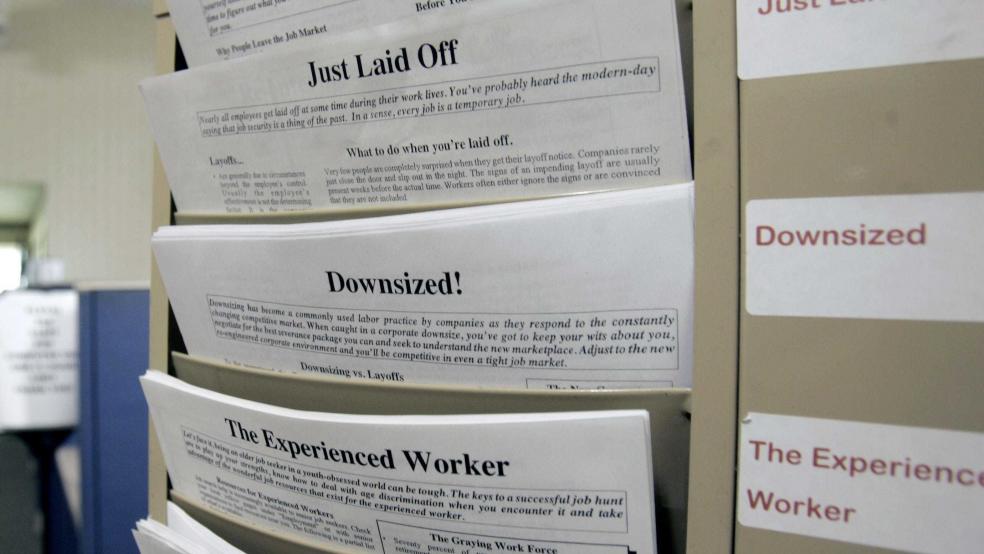New jobless claims dropped last week, the Labor Department said Thursday, with just over 1 million people filing for state unemployment benefits on a seasonally adjusted basis. Another 607,000 filed for claims for Pandemic Unemployment Assistance, a program that provides aid for gig workers and the self-employed.
The report marked the 23rd week in a row that new jobless claims exceeded the pre-pandemic weekly high, set in 1982. Overall, about 27 million people are receiving some kind of unemployment aid.
Many economists noted that, even though they are gradually improving, the job loss numbers continue to be extraordinarily high by historical standards, which suggests that the job market could be experiencing significant long-term damage.
“Even as businesses have reopened and jobs have returned, layoffs are ongoing reflecting interruptions to activity from virus containment that are likely resulting in permanent closures and job losses,” Rubeela Farooqi, chief U.S. economist at High Frequency Economics, said in a report. “The risk of permanent damage to the labor market remains high which will slow the pace of recovery.”
Some economists also said that the grim jobless numbers underline the need for Congress to pass another relief bill to provide additional support for the millions of unemployed. President Trump’s controversial plan to provide $300 per week to some unemployed workers has gotten off to a shaky start, and the program is temporary in any event, expected to last just a few weeks. “The president’s new plan for $300 weekly unemployment checks is getting off the ground very slowly, with many states confused about the need to reprogram their computers when there is only a limited amount of diverted FEMA [Federal Emergency Management Agency] disaster funds to pay out to jobless workers,” said Chris Rupkey, chief financial economist for MUFG Union Bank.



